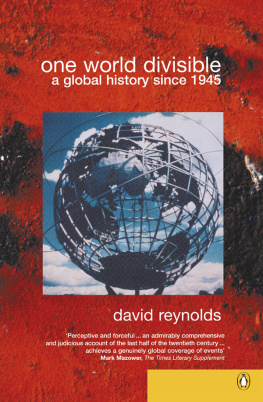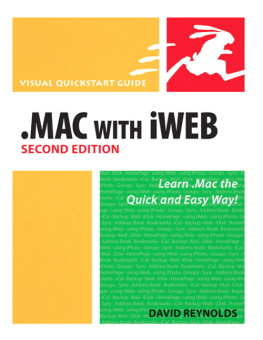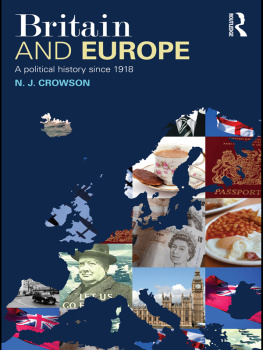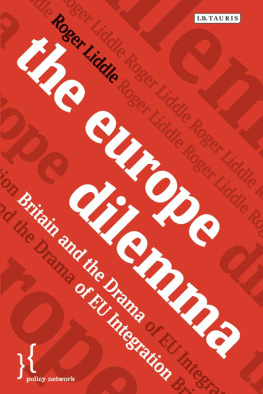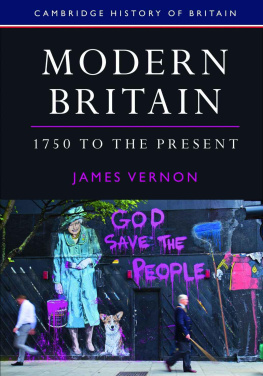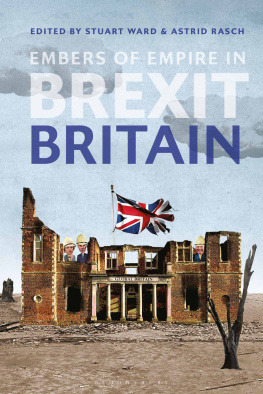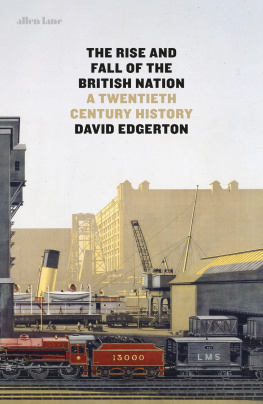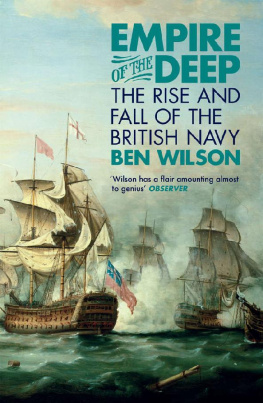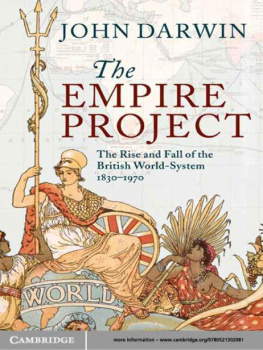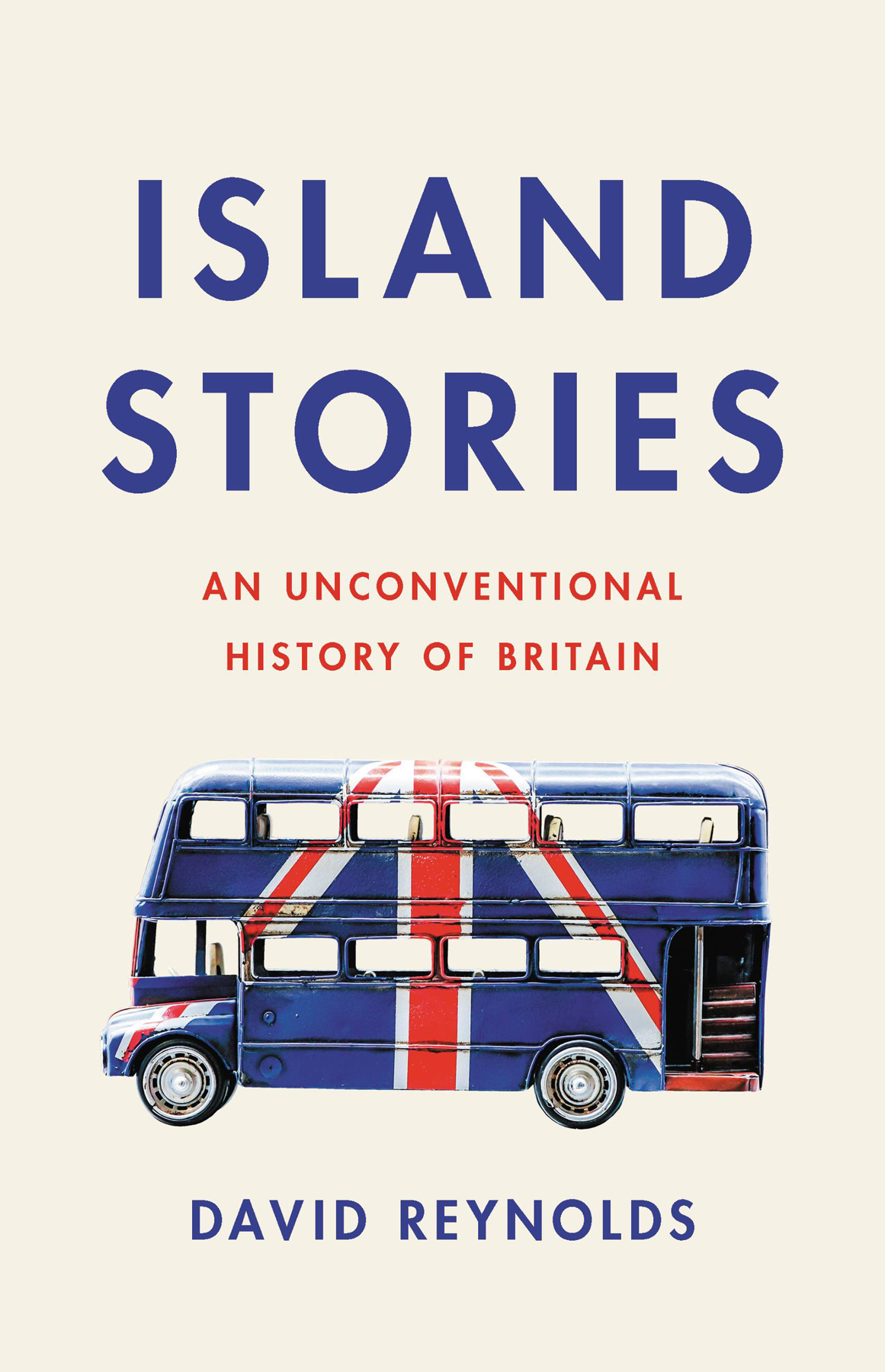Cover copyright 2020 Hachette Book Group, Inc.
Hachette Book Group supports the right to free expression and the value of copyright. The purpose of copyright is to encourage writers and artists to produce the creative works that enrich our culture.
The scanning, uploading, and distribution of this book without permission is a theft of the authors intellectual property. If you would like permission to use material from the book (other than for review purposes), please contact permissions@hbgusa.com. Thank you for your support of the authors rights.
Published by Basic Books, an imprint of Perseus Books, LLC, a subsidiary of Hachette Book Group, Inc. The Basic Books name and logo is a trademark of the Hachette Book Group.
The Hachette Speakers Bureau provides a wide range of authors for speaking events. To find out more, go to www.hachettespeakersbureau.com or call (866) 376-6591.
The publisher is not responsible for websites (or their content) that are not owned by the publisher.
The Creation of the Anglo-American Alliance: A Study in Competitive Cooperation, 19371941
An Ocean Apart: The Relationship between Britain and America in the Twentieth Century (with David Dimbleby)
Britannia Overruled: British Policy and World Power in the Twentieth Century
The Origins of the Cold War in Europe (editor)
Allies at War: The Soviet, American and British Experience, 19391945 (co-edited with Warren F. Kimball and A. O. Chubarian)
Rich Relations: The American Occupation of Britain, 19421945
One World Divisible: A Global History since 1945
From Munich to Pearl Harbor: Roosevelts America and the Origins of the Second World War
In Command of History: Churchill Fighting and Writing the Second World War
From World War to Cold War: Churchill, Roosevelt and the International History of the 1940s
Summits: Six Meetings That Shaped the Twentieth Century
America, Empire of Liberty: A New History
FDRs World: War, Peace, and Legacies (co-edited with David B. Woolner and Warren F. Kimball)
The Long Shadow: The Great War and the Twentieth Century
Transcending the Cold War: Summits, Statecraft, and the Dissolution of Bipolarity in Europe, 19701990 (co-edited with Kristina Spohr)
The Kremlin Letters: Stalins Wartime Correspondence with Churchill and Roosevelt (with Vladimir Pechatnov)
We have got all we want in territory, and our claim to be left in the unmolested enjoyment of vast and splendid possessions, mainly acquired by violence, largely maintained by force, often seems less reasonable to others than to us.
WINSTON CHURCHILL , 10 JANUARY 1914
Trade cannot flourish without security.
LORD PALMERSTON , 22 APRIL 1860
Unless we change our ways and our direction, our greatness as a nation will soon be a footnote in the history books, a distant memory of an offshore island, lost in the mists of time, like Camelot, remembered kindly for its noble past.
MARGARET THATCHER , 1 MAY 1979
Vote Leave. Take Back Control.
BREXIT CAMPAIGN SLOGAN , 2016
F OR MOST VISITORS from North America, the fascination of Britain lies in its sense of tradition. Its a country of castles, palaces and country houses, of ancient churches and leafy lanes, prizing quaint institutions such as the monarchy, trooping the colour and afternoon tea. Not to mention the arcane rituals of cricket. The British, in short, seem like a people who have done things the same way for centuries and can be relied on for stability and common sense.
Thats why Brexit has been such a shock. In a referendum on 23 June 2016 the British electorate voted to leave the European Union (EU) after nearly half a century of membership. The margin was narrow, yet decisive: nearly 52 per cent Leave and just over 48 per cent Remain. No contingency planning for a vote to leave had been undertaken by David Cameron, the Prime Minister who called the referendum. And Theresa May, who succeeded Cameron after he abruptly resigned, never came up with a coherent and politically viable strategy for exiting an international organisation of which the United Kingdom of Great Britain and Northern Ireland (UK) had been an integral part since 1973.
Yet was a historical thunderbolt like the Brexit vote such a uniquely British phenomenon?
A few months later, a whirlwind also hit the United States. The election of Donald J. Trump as the nations forty-fifth president signalled the start of a new American revolution. Inaugurated on 20 January 2017, the property tycoon and former reality TV host defied virtually every norm of political behaviourrefusing to disclose his tax returns, persistently making false or misleading claims and running a dysfunctional administration in which policy was set (and upset) by his daily tweets. Trumpeting America First, he has shaken the foundations of the NATO alliance, moved the US embassy in Israel to Jerusalem, and attacked the European Unionall at odds with long-standing diplomatic policies espoused in the past by both Democrats and Republicans. Domestically, Trump has polarized the countryadored by his supporters, reviled by his criticswith his attitudes on race, immigration and climate change being particularly controversial. In his populist attack on traditional liberal verities, Trump even made a point of aligning himself with the earthquake in Britain, talking of his campaign as Brexit plus plus plus.
But it has become clear that the Trump presidency, however abrupt a break it might seem, has roots deep in American history. It echoes, for instance, earlier spasms of nativismin the 1850s or the 1920s. It reflects a reaction against the countrys post-1945 commitments to European security and a backlash against the civil rights revolution of the 1960s, evensome might sayagainst the outcome of the Civil War in 1865. Making sense of Americas forty-fifth presidency requires examining much of what has come before.
In the same way, getting to grips with Brexit demands a long view. Not just tracing the United Kingdoms contorted and awkward relationship with the European Community but going back much further, at least a thousand years. Because medieval England was for four centuries a continental empire, ruling much of what is now France. Because the United Kingdom is the product of centuries of English empire building across two islands: Britain and Ireland. Because, for centuries, statesmen in London had considered it imperative to manage the balance of power across Europe as a whole. And because Great Britains sense of greatness is rooted in a remarkable empireforged in the era of sea power and slave power, commerce and colonieswhose legacies burnish and tarnish British life to the present day.
The rise and decline of Rome provided an enduring image of empire, as we shall see in , but this book begins in earnest with 1066a date that is familiar but not always properly understood. That year saw not one but two decisive battles. In the first, at Stamford Bridge near York on 25 September, the Anglo-Saxon army of King Harold Godwinson routed a Norwegian invasion. Despite a few further raids and Norse control of the Orkney and Shetland islands until the mid-fifteenth century, Stamford Bridge effectively brought to an end nearly three centuries of Viking presence and influence in England. Three weeks later, however, on 14 October Harolds weakened army was in turn routed near Hastings by the invading forces of Duke William of Normandy, with Harold among the dead. William and his Norman elite rapidly took control of the country. These three weeks in the autumn of 1066 shifted Britain decisively out of the Nordic world and into its close and lasting entanglement with continental Europe.


